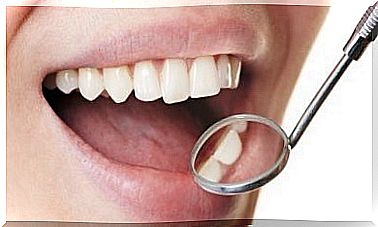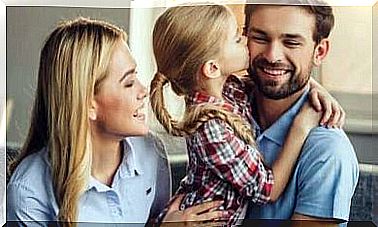Consequences Of Arguing In Front Of Children
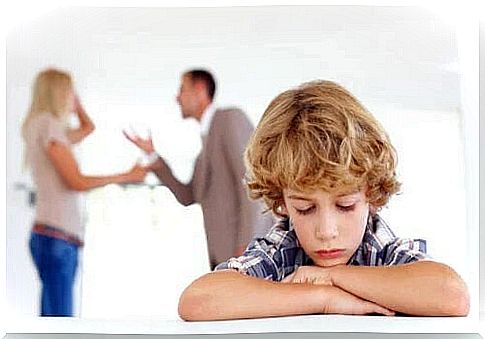
Discussions between the couple cannot be avoided, and are necessary when there are situations to be resolved. What we should avoid is turning them into real battles and, of course, we should try not to argue in front of children.
In this context, we must differentiate between reasonable discussions, in which different points of view are stated assertively, with tolerance and respect, and those that are aggressive.
As UNICEF experts in various awareness campaigns explain, children who witness verbal and physical attacks experience a sense of anguish that later turns into feelings of anger, sadness or fear. And when they are babies, the psychological consequences are greater. We’ll delve into this below.
1. Have an impact on the subconscious level when they are babies
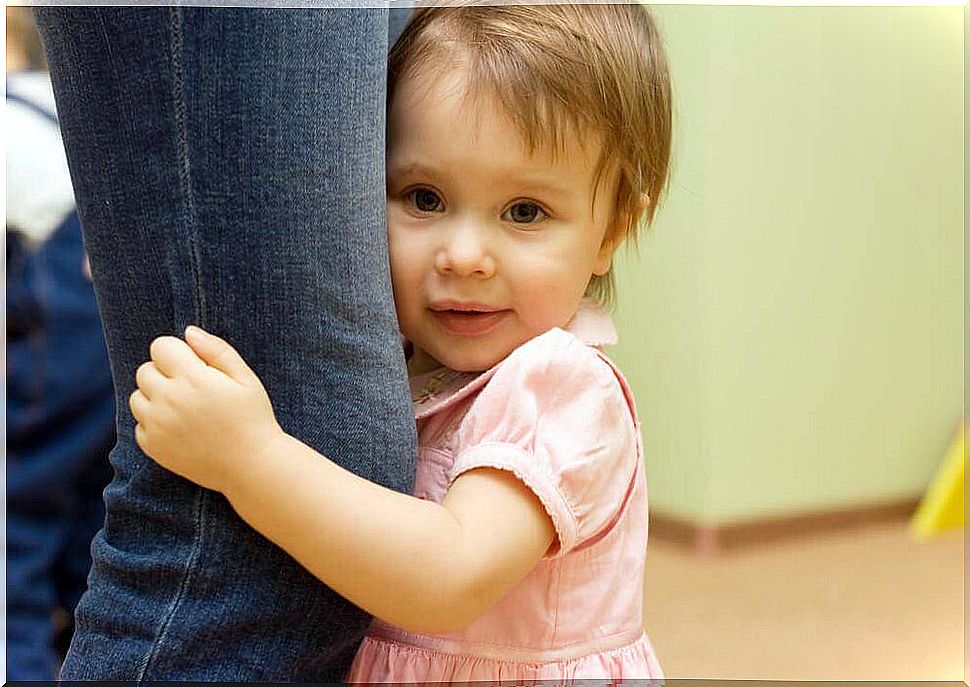
Newborns are able to register in their subconscious the mood of those around them, including their tone of voice and gestures. Just as they perceive the love that surrounds them, they also sense it when the situation becomes tense, when the tone of voice reflects anger, or when the look expresses aggression.
2. Affect your emotional development
No matter the magnitude of the arguments, growing up in a tense family climate can cause deep emotional turmoil. This is because discussing in front of children favors the emergence of problems such as anxiety and lack of self-esteem.
A peaceful environment, where the child is not involved in adult conflicts, contributes to a harmonious psychological development.
3. Can create fears in preschool children
At this stage, the child has not fully developed language and tries to express himself through non-verbal communication. Therefore, after an argument, they may cry or become impertinent, making it difficult for you to comfort them.
Preschool children still do not know the causes of the conflict. However, their still very self-centered thoughts lead them to take responsibility for the fight, even feeling guilty about the tension between their parents.
According to several studies, reactions can vary depending on each child. Some act as if nothing has happened, while others
They also express their displeasure through changes in the rhythm of sleep or eating. They may regress to earlier stages of development, such as bedwetting, irritability or aggressive activity.
4. Can generate anxiety in school-age children
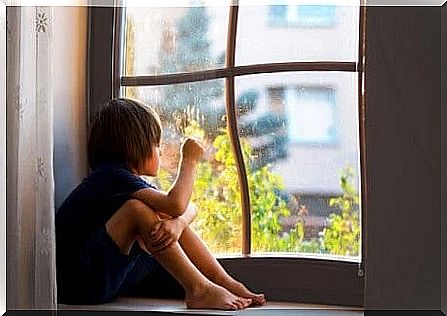
At this age, little ones begin to understand what happens. They may feel scared or anxious and feel guilty about their father or mother. Hence, they feel compelled to take sides. Girls tend to take their mother’s side, while boys tend to defend their father.
In general, children get used to frequent arguments, and this is precisely what creates an unstable or dysfunctional family atmosphere. This can generate in children the need to keep the situation under control. Furthermore, it can lead them not to express their true needs in order to avoid some unpleasantness.
Children and discussions with offenses
The child should never be used to offend or go against the other parent ,
Discussions exist in every family, but it is important to make an effort to have understanding, because every human being is different. Ideally, the child sees that their parents understand and like each other, even if they are no longer a couple. This is something that even UNICEF experts recommend.
It is preferable to discuss away from children
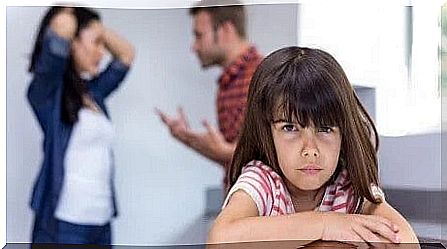
Discussions should always take place where children are not present. They are likely to understand that their parents argued, but they won’t feel that they are part of the fight.
Children, especially younger ones, cannot interpret beyond words. They take everything literally. If you hear your parents saying phrases like: “Enough! Enough!”, “I’m tired of you!”, “I don’t want to see you again!” , they will not only feel hurt, but also insecure because they will think their parents might abandon them.
Seeking couple and family therapy can be beneficial
Attending couples therapy serves to improve communication and restore balance between spouses. In turn, family therapy is ideal when the child presents inappropriate behaviors or psychosomatic symptoms that require professional intervention.
In this process, the therapist helps the entire family to promote positive relationships.
Talking to children is important
Sometimes it is unavoidable to have a discussion in the presence of children. In these cases, it is important to explain to them that all people argue, even when they love each other. Use the moment of dialogue to explain that an argument between parents has nothing to do with it.
If the conflict is already resolved, it can be used for family activities. If that’s not the case, don’t pretend the problem is solved because children are able to sense the tension.
Parents as a role model
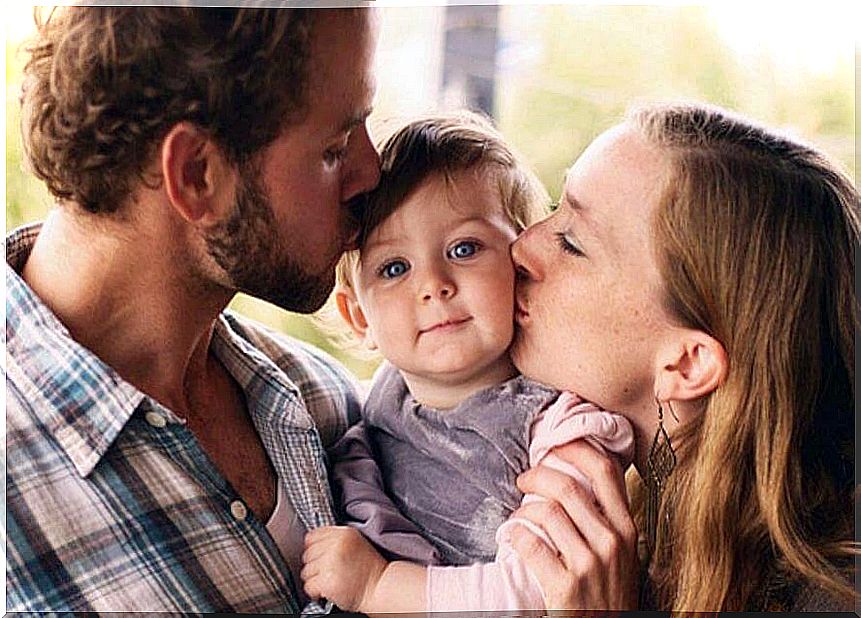
Parents are a fundamental role model for children. Seeing one parent being verbally or physically abused by the other will create a deep wound that can have consequences for the child’s personality and the adult he or she will become.
It is essential to teach small that the people, when they have different views on a topic, they can always resort to dialogue and that you can create a tolerance and respect for the environment, without the need to get angry, shout or say nasty words.
